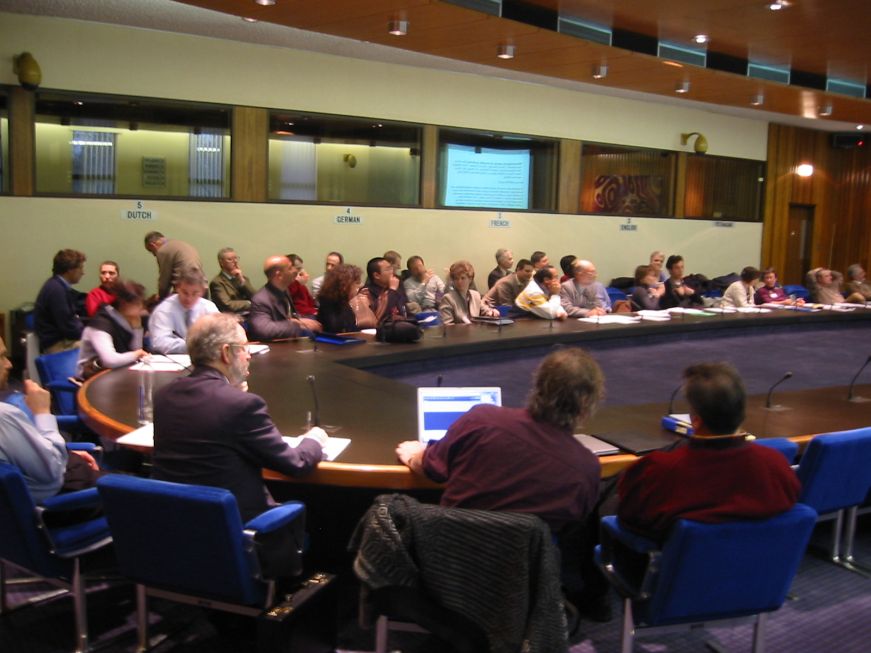HEPEX 10 years ago: Did the vision come true?
Contributed by John Schaake and Roberto Buizza
In December 2003, in our ‘Proposal for an International Hydrological Ensemble Prediction Experiment (HEPEX)’, we wrote that:
‘the main objective how HEPEX is to bring the international hydrological community together with the meteorological community to demonstrate how to produce reliable “engineering quality” hydrological ensemble forecasts that can be used to assist the water resources sector to make decisions that have important consequences for the economy and for public health and safety’ ( HEPEX_proposal_31122003.pdf )
In 2003, no one was producing operational/daily hydrological ensemble prediction. When we wrote this proposal, we thought of HEPEX as a short-term initiative, lasting possibly 5 years, which could provide a forum where the two communities could meet to share ideas, ask questions and propose common initiatives. We wanted to create a ‘comfortable space’ where each community could have ventured outside its comfortable zone!
In 2014, ten years after the first workshop held at ECMWF, HEPEX participants are still running it. Their comfort zones keep being extended towards other communities and users, to test new ideas and develop increasingly valuable services.
Picture of the first HEPEX meeting
Today, we can see many centres, including ECMWF and NOAA, producing operational, ensemble-based, probabilistic hydrological forecasts. Progress has been made because the hydrological and meteorological communities have reached out, exchanged ideas and worked together.
We think that HEPEX has been a key contributor to this achievement. It created opportunities to develop tools to manage water related risks, i.e. flooding, drought and fire. HEPEX test-beds, launched at its 2nd workshop, fostered interdisciplinary work aimed to test prototype hydrological ensembles in real time applications. HEPEX topical workshops on statistical post-processing, data assimilation, verification, provided training and development opportunities to its participants.
Picture of the first HEPEX meeting
HEPEX did not have any dedicated source of funding: activities had been planned and carried out by its individual contributors, with HEPEX aiming to give them legitimacy and visibility. By looking at the increasing number conferences where HEPEX sessions have been organized, it seems as if this objective has also been achieved.
From the scientific and technical point of view, in the 2003 workshop we listed four key questions:
a) Why is an ensemble approach to hydrological prediction important to provide services to users?
b) What needs to be done to produce accurate and reliable hydrological ensemble forecasts?
c) How can meteo- and hydro-logical ensemble systems be developed and coupled?
d) Who is going to do what?
Looking at where we are now, it seems to us that we have been working on all four, and provided some, at least tentative, working-hypothesis-type-of answers.
Do see the agenda and participants of the first workshop [click here]. You can find all presentations [here]. Results of the working groups are [here] and a full summary is [here].
All available material from past Hepex workshops can be found here.


0 comments